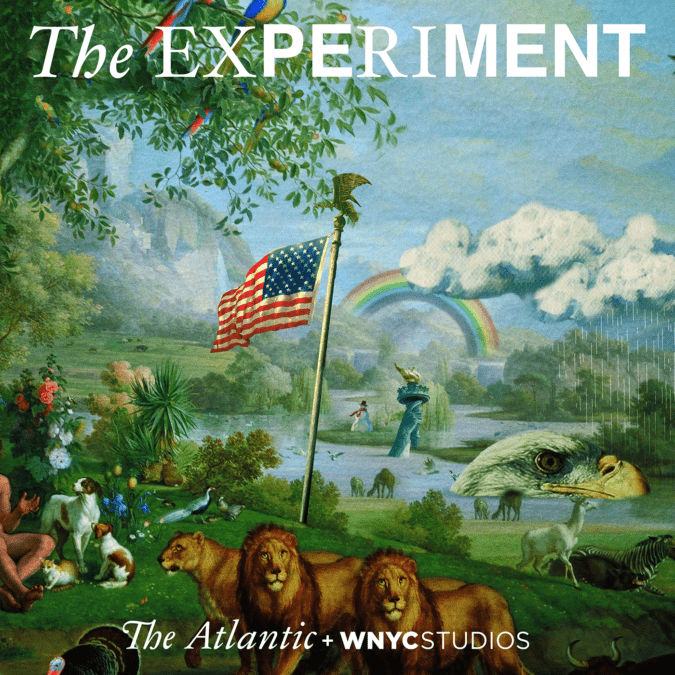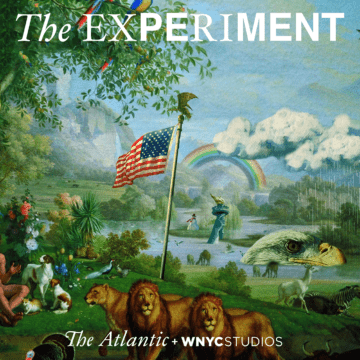To mid-aughts celebrities such as Paris Hilton and Britney Spears, they were high fashion. To the likes of Jerry Seinfeld and Eva Mendes they’re a sign of defeat; they declare to the world, as Jerry tells George Costanza in the Seinfeld pilot, “I’m miserable, so I might as well be comfortable.”
And since the start of the pandemic, sweatpants have become perhaps more ubiquitous than ever.
“A lot of people who had been going to offices stopped going to offices for the foreseeable future,” Amanda Mull, a staff writer for The Atlantic, says. “I think people were forced to decide what it is they want to wear for this new circumstance they’re in.”
In this episode of the new podcast The Experiment, Mull and the host, Julia Longoria, trace sweatpants through U.S. history and debate an age-old question: Do they symbolize laziness, or freedom?
Further reading: “America’s Most Hated Garment”
Be part of The Experiment. Use the hashtag #TheExperimentPodcast, or write to us at theexperiment@theatlantic.com. Listen and subscribe: Apple Podcasts | Spotify | Stitcher | Google Podcasts
This episode was produced by Julia Longoria, Gabrielle Berbey, and Alvin Melathe, with editing by Katherine Wells. Fact-check by Stephanie Hayes. Sound design by David Herman.
Music by Ob (“Grot”), and r mccarthy (“Learning English”), water feature (“with flowers”), Laurie Bird (“Jussa Trip”), Column (“「The Art of Fun」 (Raj)”), infinite bisous (“The Past Tense”), and Nelson Bandela (“561 Mac D 10,” “011 HareDoe 019 8396,” “GLU EEE 86”), provided by Tasty Morsels and Nelson Nance. Additional audio from DigitalPimple, Glamourdaze, International Fitness Center, The Richard Simmons Show, Jane Fonda, Hudson’s Bay, Atelier ID, Breakin’ in the USA, WABC, Dance Centre, Adidas, Seinfeld, watchFashionNews, Extra, Vogue, and X17online




